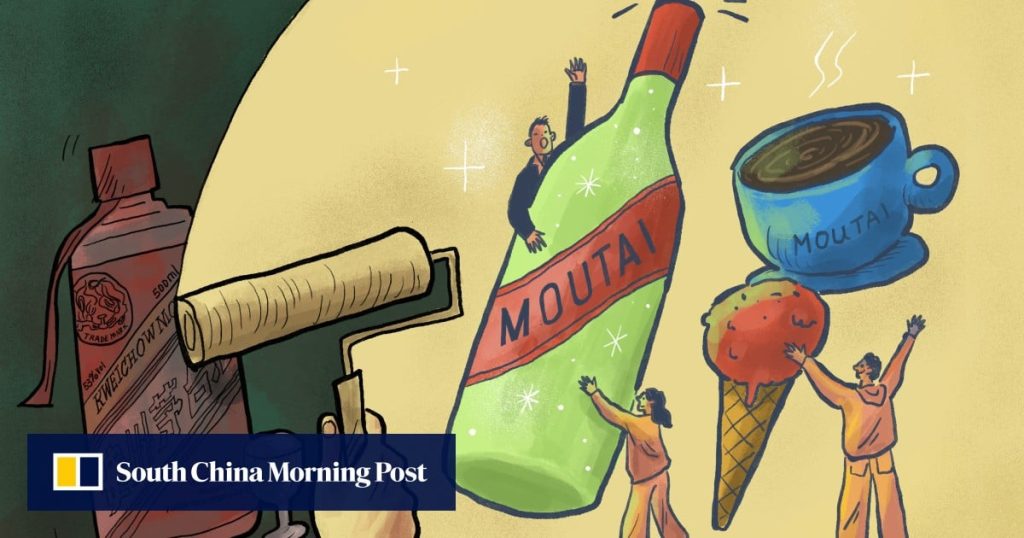As China’s traditional spirits and premium wines grapple with declining consumption, a significant shift is under way across the beverage landscape. This three-part series examines the challenges faced by Maotai town as its once-coveted baijiu loses its lustre, the impact of economic shutdowns on European wine imports, and the rise of craft beer as a budget-friendly alternative for consumers seeking quality without breaking the bank.
On the ninth day of the ninth lunar month, when the rainy season has typically come to an end and the waters of the Chishui River run clear, baijiu distilleries in Maotai town in China’s Guizhou province stage elaborate ceremonies to kick off the annual brewing cycle.
It is an auspicious time when China celebrates the Chung Yeung Festival – also known as the Double Ninth Festival, as nine is associated with considerable positive energy. And distilleries capitalise on the festivities by feeding the first batch of crushed red sorghum – the main raw material for their high-proof fiery spirits – into fermentation pits.
The state-backed giant, whose name derives from an older romanisation of Guizhou Maotai, has come under mounting pressure. And several hundred of what were once more than 1,000 smaller distilleries in the town have already been forced to shut down in the last several years, leaving only a fraction in operation, according to residents.
“We don’t know if this is a long-term transformation or just a temporary winter before spring returns,” said Luo Jiajia, whose family runs a local distillery, Changhong, which operates under the English brand name Longhoom. “Frankly, we’re also at a loss and navigating a period of uncertainty.”


